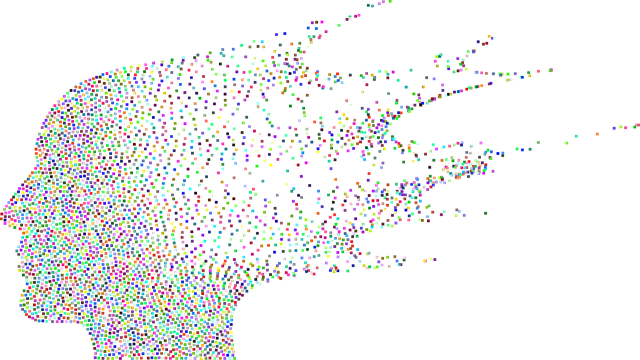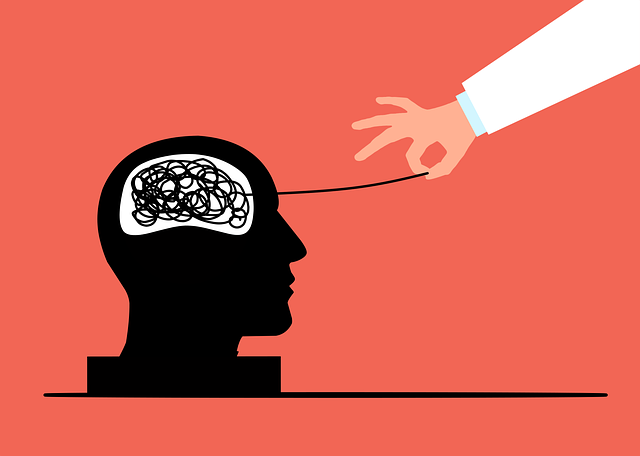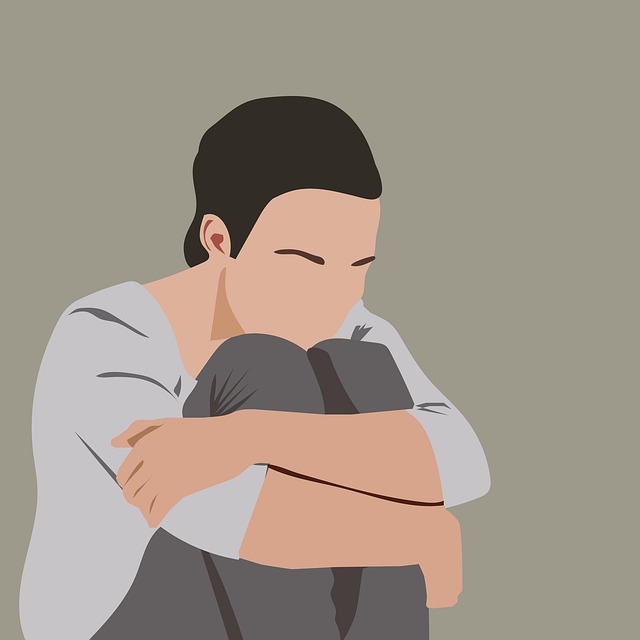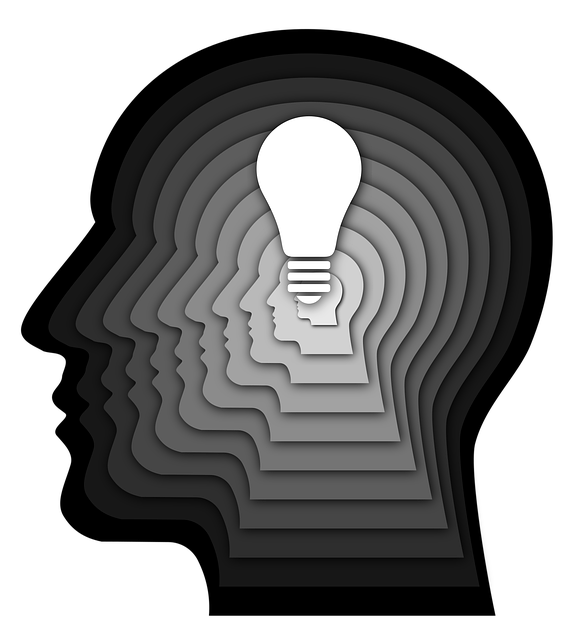Anxiety disorders significantly impact daily life, causing fear, distress, and avoidance behaviors. Effective management involves therapy, particularly Exposure and Response Prevention (ERP), which helps individuals confront fears and reduce avoidance. ERP involves structured exposure to anxiety triggers, practicing response prevention, and building resilience. Combining ERP with self-care practices like exercise, mindfulness, and a balanced diet enhances mental wellness. Diversifying healthcare access through culturally competent providers and engaging in mental health communities, like podcast series, further supports effective therapy for adults suffering from anxiety disorders.
Anxiety disorders affect a significant portion of adults, impacting their daily lives and overall well-being. This article explores effective strategies for managing anxiety, focusing on exposure and response prevention (ERP) therapy as a powerful tool for adults seeking relief. We’ll delve into the understanding of anxiety disorders, uncover the ERP approach, provide practical steps for implementation, and emphasize the importance of combining professional support with self-care for optimal results.
- Understanding Anxiety Disorders and Their Impact on Adults
- Unveiling Therapy for Adult Anxiety: Exposure and Response Prevention (ERP)
- Practical Steps in Implementing ERP Techniques
- Combining Professional Support with Self-Care Strategies for Optimal Results
Understanding Anxiety Disorders and Their Impact on Adults

Anxiety disorders are prevalent among adults, affecting millions globally. It’s essential to understand that anxiety is more than just feeling nervous or worried; it’s a complex condition that can significantly impact daily life and overall emotional well-being promotion techniques. Disorders like generalized anxiety disorder (GAD), panic attacks, and social anxiety can lead to excessive fear and distress in various situations. These disorders often manifest as persistent, intrusive thoughts, physical symptoms like rapid heartbeat and sweating, and avoidance behaviors, hindering one’s ability to function normally.
The impact of untreated anxiety on adults can be profound. It may result in social isolation, difficulty concentrating, sleep disturbances, and even physical health issues. Building resilience is crucial in managing these disorders. Therapy for adults, particularly Exposure and Response Prevention (ERP) techniques, has proven effective. ERP involves gradual exposure to feared situations while learning new response strategies, helping individuals confront their anxieties and reduce avoidance behaviors. Additionally, self-care practices and resilience-building activities can empower adults to manage anxiety symptoms, fostering a sense of control and improved quality of life.
Unveiling Therapy for Adult Anxiety: Exposure and Response Prevention (ERP)

Anxiety management has evolved to include effective approaches like Exposure and Response Prevention (ERP) therapy, specifically tailored for adults grappling with anxiety disorders. This innovative treatment method empowers individuals by helping them confront and manage anxious responses during exposure to feared situations or stimuli. Through ERP, patients learn to understand and challenge their fears, gradually building inner strength and confidence.
The process involves a systematic risk assessment for mental health professionals to tailor the therapy to each individual’s needs. By facing their anxieties in a controlled environment, patients can unlearn previous avoidance behaviors and replace them with healthier coping strategies. This transformative approach not only offers a lasting solution for anxiety management but also fosters personal growth by enhancing one’s ability to navigate challenging situations with resilience and inner strength.
Practical Steps in Implementing ERP Techniques

Implementing Exposure and Response Prevention (ERP) techniques for anxiety management requires a structured approach. Begin by identifying specific fears or triggers that cause anxiety. Then, create a hierarchy of situations, ranking them from least to most frightening. Start with easier scenarios and gradually expose yourself to more challenging ones.
During exposure, practice response prevention—this means refraining from habitual coping mechanisms like avoidance or safety behaviours. Instead, learn to tolerate the discomfort associated with the situation. Over time, this reduces the anxiety response. Consider joining a Stress Management Workshop for structured guidance, or seek support from Trauma Support Services if past experiences are impacting your present. Depression Prevention strategies can also be integrated into ERP therapy for a holistic approach.
Combining Professional Support with Self-Care Strategies for Optimal Results

Combining professional support with effective self-care strategies is key to managing anxiety and achieving optimal results. Therapy for Adults, such as Exposure and Response Prevention (ERP), offers specialized techniques tailored to confront and overcome anxiety disorders. This evidence-based approach helps individuals gradually expose themselves to feared situations while learning to manage their responses, ultimately reducing anxious feelings.
Integrating self-care practices alongside therapy enhances overall mental wellness. Practices like regular exercise, mindfulness meditation, and maintaining a balanced diet contribute to a robust foundation for mental health. Additionally, seeking support from healthcare providers with cultural competency training ensures tailored care that respects diverse backgrounds and needs. Engaging in a Mental Wellness Podcast Series Production can also provide valuable insights and coping strategies while fostering a sense of community around Mental Health Awareness.
Anxiety disorders can significantly impact adults’ daily lives, but there are effective strategies like Exposure and Response Prevention (ERP) therapy that offer relief. By combining professional support with self-care techniques, individuals can effectively manage anxiety. Implementing ERP involves gradual exposure to feared situations and changing responsive behaviors, leading to reduced anxiety over time. For optimal results, it’s crucial to embrace a holistic approach, integrating therapeutic interventions with practical coping mechanisms.














